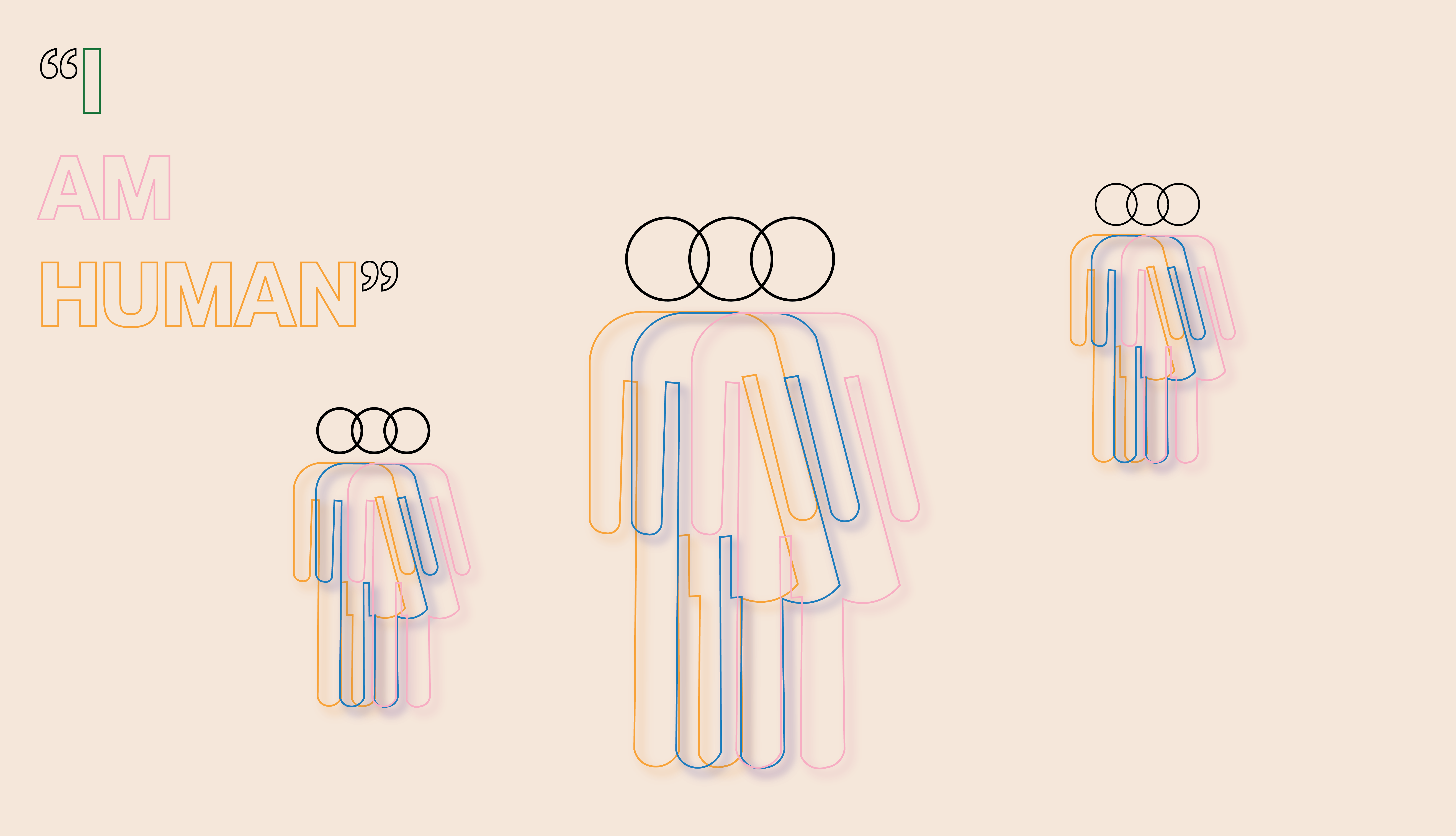On 13 Jan., Nikkie de Jager, known famously as NikkieTutorials, one of YouTube’s biggest makeup gurus, was trending all over the platform after uploading a video entitled “I’m Coming Out.”
I have been a casual fan of Nikki’s for a long time, mostly for her original makeup looks and her lively personality. I was never very invested in her personal life and would just get inspired by her videos for my own makeup looks.
However, when this video was trending, I was curious. I recalled vaguely that Nikkie was engaged to her long-time boyfriend Dylan. “Oh, she’s coming out as bi? Dope!,” was my first reaction as I clicked the link. I did not expect tears to roll down my cheeks once I was done watching this 17-minute-long video. But then again, I’ve been very emotional these days, it’s kind of embarrassing, but that doesn’t make this video any less important.
I watched as Nikkie breathed deeply, smiling uneasily at the camera, then chuckling nervously and saying: “I always wanted to tell you guys this. I just didn’t expect to do it now. When I was a child, I was born in the wrong body.”
The relief that coursed through her after coming out as transgender was inspiring, and frankly beautiful to watch. The uneasy smile turned into a hearty laugh as she repeatedly stated that it’s always great to finally be honest with her supporters.
Nonetheless, her coming out is not all rainbows and roses. (Get it?)
The video starts and ends with the fact that the timing was not of her choosing—and that is because she was blackmailed into doing it.
Her voice cracking, with tears forming around her eyes, she made sure to state over and over that: “I am still me. I am still Nikkie. I am human.”
That stuck with me, because there is nothing worse than to be limited to one label that people force you to completely define yourself with. Whether you are LGBTQ+, a person of colour, or of a certain religion, people always deem it fit to keep you in a specific box in order for them to better place you in society. What the hell is that all about?
There is a big difference between minorities defining themselves as such, and society doing it for them. Because when minorities own this part of themselves, it’s normally to shine a light on their struggles and show tell others going through the same thing that they are not alone. But, when society chooses to slap a label on them, it is most likely not out of the goodness of their hearts, but as a sort of placement.
When NikkieTutorials said “before anything, I am me,” I never felt so connected to her. I by no means claim to know anything about her struggles, nor the struggles of transgender people in general. But I know what it’s like to be tokenized in order to fill a fantasy, boxed in order to fit a stereotype people refuse to let go of, or even limited to a single part of my identity.
So please, for the love of all that is good and pure in this universe, as a wise man (Harry Styles) once said, treat people with freakin’ kindness and quit forcing labels on them—it’s not cute.
Graphic by Sasha Axenova
